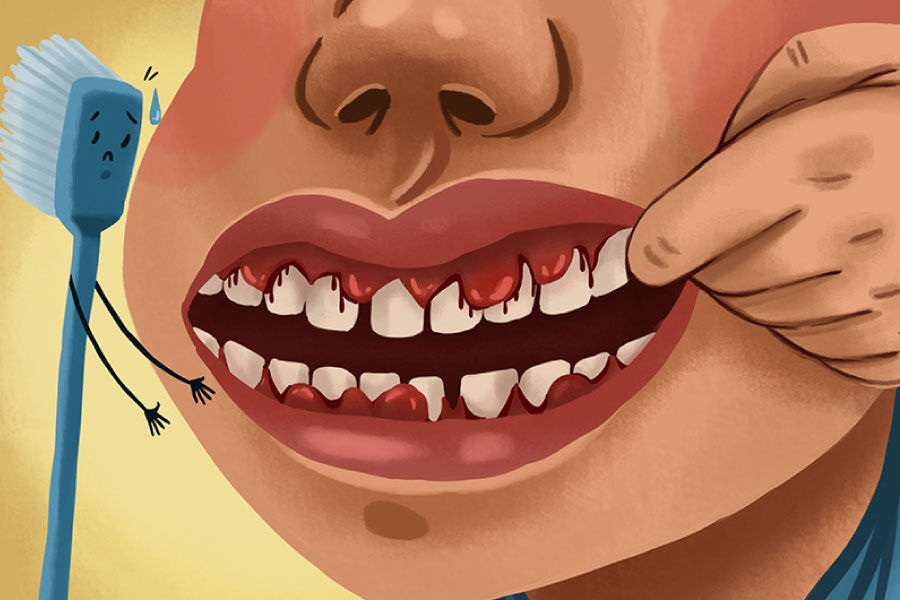How Does the Amount of Sleep Impact Performance in Various Areas of Life?
- Raneen Awada
- Sep 23, 2024
- 3 min read
Many of our family members, friends, and even us tend to brush off sleep not knowing how much it may truly affect daily life. Students pulling "all-nighters" to study for a test, kids at a sleepover staying up until 3:00 am, or even just people (kids, teens, and adults) going on their phones for hours before they sleep. According to The American Academy of Sleep Medicine (AASM), the recommended sleeping hours every 24 hours for people of ages 3-5 is 10-13 hours; ages 6-12, 9 to 12 hours; ages 13-18, 8 to 10 hours; ages 18-60, 7 or more hours; ages 61-64, 7 to 9 hours; and ages 65 and older, 7 to 8 hours. Many see sleep as an option, but it's proven through research that learning, memory, mood, and judgement are all influenced by sleep. Both the quality of sleep and amount of time spent sleeping is crucial for performance across a wide range of daily activities in one's life.
Sleep isn't just someone's body resting, it's time of recovery, regeneration, and the processing of information we gain throughout the day. Low-impact levels of recovery impact how well our brain processes new information, our emotional response to required tasks, motivation, alertness/awareness, skill-learning abilities and much more.
Athletic Performance
The majority of students in middle school, high school and most colleges are involved in sports, whether it's for fun or competitive. Sleep largely impacts athletic performance; more sleep has a positive effect on reaction time, speed, and accuracy. Without the sleep an athlete needs, their performance won't be at its best. Instead, they may not think clearly or react as quickly. Furthermore, they may be more sensitive and irritable, which in turn affects their relationship with their teammates and coach. Getting less sleep before a game may also increase the risk of an injury during the event.
School and Work Performance
Not only is sleep important for becoming a better athlete, but it can also improve performance at school or at work. In order to remember things that someone learned throughout the day, they need an adequate amount of sleep. For someone who is a student or learning new skills at a job, this is crucial. Students who get less sleep than they need do not perform as well as those who get the amount of sleep they need. Therefore, in order to have the best performance at a job or in school, the recommended amount of sleep must be attained.
Sleep deprivation impairs focus, attention, and the ability to process information, making it harder to learn and recall previously learned material. It also affects decision-making and judgment, leading to poor choices. Additionally, lack of sleep negatively impacts mood, which further delays the ability to learn and remember new information. While the full effects of chronic sleep deprivation vary, it’s clear that quality sleep is essential for effective learning and memory retention.
General Performance
Cognitive behavior
Thoughts and actions are shaped by the quality of your sleep.
It impacts:
Unproductive Behavior: Lack of sleep can result in impulsive decisions and poor habits.
Building Healthy Habits: Quality sleep promotes self-discipline and encourages positive habit development.
Mood
Sleep is crucial for emotional regulation and overall well-being:
Motivation: Being well-rested boosts motivation to stay active.
Decision-Making: Good sleep enhances clear thinking and improves decisions related to exercise and health.
Injury Risk: Sleep deprivation raises the likelihood of injury due to reduced focus and coordination.
Recovery: Proper sleep accelerates the healing process.
Sleep needs to be recognized as the foundation of health. It's essential for both mental and physical wellness; not just for athletes, but for everyone.
SOURCES
https://www.thoracic.org/patients/patient-resources/resources/sleep-and-performance.pdf Assessed and Endorsed by the MedReport Medical Review Board







